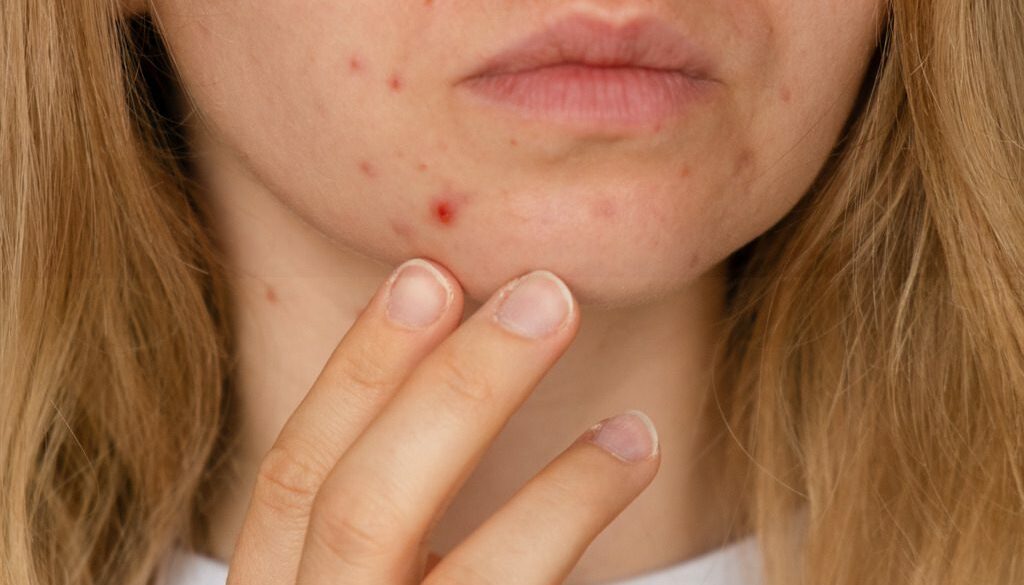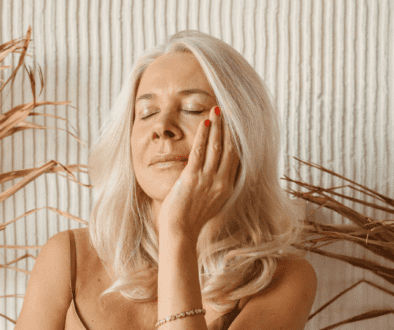Dermatology Acne Treatment: How We Can Help Transform Your Life
Acne isn’t something that only affects teens. More than 25 percent of women and 12 percent of men in their 40s have acne, and many go on to seek dermatology acne treatment. Acne can be unsightly and embarrassing, causing you to be more self-conscious when giving a presentation, speaking to your boss, or having dinner with friends.
In some cases, it can even be painful.
Certain conditions, such as cystic acne, cause swollen and inflamed pores that are extremely uncomfortable. Without dermatology acne treatment, these cysts can leave permanent scars.
We understand that clear skin is about much more than mere appearances. Your skin is a vital part of your body’s overall health in helping it combat infections. A healthier skin means a healthier you. This is why it’s important to trust your skin care to one of our experienced dermatologists in Horry County.
We’ll look at the most common causes of acne and how effective dermatology acne treatment transforms lives.
Common Dermatology Acne Treatments
While over-the-counter solutions like Benzoyl Peroxide or Retinol products are often effective, sometimes, more severe acne needs a different line of treatment.
These additional dermatology acne treatments may include:
Oral Medications
Which oral medication your dermatologist in Myrtle Beach uses depends upon your acne’s underlying cause and its severity. Following are some examples of medications that can help you:
If your acne is caused by bacteria, a round of antibiotics can help clear moderate to severe acne. Common ones that are frequently used include tetracycline, doxycycline, and minocycline.
Isotretinoin is a medication that can shrink the size of oil glands, reducing the likelihood of acne formation.
Contraceptives/hormone therapy can help women who are experiencing a severe outbreak of acne. This is particularly useful if the acne is triggered by menstruation.
Steroid Injections
In those with severe acne, steroid injections in large nodules can reduce inflammation.
Laser and Light Therapy
Dermatologists use several different types of lasers and light treatments to help stop acne. However, laser light therapies have to be specifically customized to treat your exact type of acne. For example, blue, red, and blue+red light devices can be effective when treating pimples, but not blackheads, whiteheads, acne cysts, or nodules.
Photopneumatic therapy combines the use of an intense pulsed light (IPL) laser with a small vacuum that removes dead skin cells and unclogs pores. This treatment is used for blackheads, whiteheads, and some pimples.
Photodynamic therapy (PDT) is a type of light treatment that can be used to help clear severe acne. During PDT, a solution is applied to the skin before being treated with a laser or light device.
Lasers may also be used to help treat scarring that results from severe acne. By heating the damaged collagen, your body’s natural, wound-healing process prompts it to create healthy collagen and “new” skin to replace it.
What Are the Most Severe Forms of Acne?
Dermatologists use a scale to rank acne from its most mild to severe forms.
- Grade 1 acne is usually mild, consisting mainly of whiteheads and blackheads.
- Grade 2 acne is marked by multiple papules and pustules. A papule is a small bump that can become inflamed. A pustule is a pus-filled pimple. This acne is typically limited to your face or neck.
- Grade 3 acne consists of several papules and pustules. There may also be nodules that have become inflamed. Acne may have spread to your chest and back.
- Grade 4 is the most severe form of acne, where you have several large and painful inflamed pustules and nodules.
What Causes Cystic Acne?
As you know, typical acne is caused when the skin pores are clogged by dead skin cells, dirt, or oil. When bacteria enter and are trapped in the pores, it creates an infected, red, swollen cyst. It can be painful and tender to the touch and can even ooze pus.
The main causes of cystic acne are:
- Age—adolescents are more prone to developing cystic acne
- Family history
- Hormonal changes, whether those changes are from teenage development or menopause
- Excessive stress
Clear Skin is an Ongoing Process
Even after you’ve had dermatology acne treatment, you’ll still need to maintain a skin care regimen, which may include topical medicine or other treatments tailored for you by our dermatologists in Horry County.
Remember to follow your health care plan and take all prescription medicines as directed.
Comprehensive Dermatology Acne Treatment Is Conveniently Located at CMC Dermatology
Myrtle Beach has surf, sand, and plenty of sun. That sunshine can cause skin damage year-round.
Whether you need a skin cancer screening or you’re experiencing painful, unsightly acne, CMC Dermatology offers care for all skin conditions. Contact CMC Dermatology at 843-234-8700 to schedule an appointment




